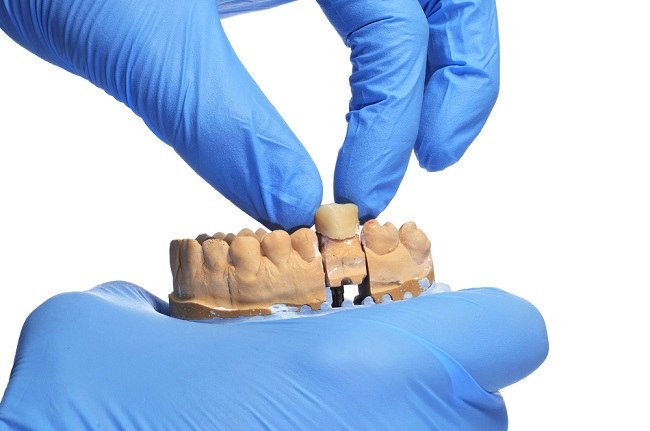Its sweet and cold taste makes ice cream very popular with children, including babies. Almost all babies will open their mouths when presented with ice cream. However, wait a minute. Actually, can babies eat ice cream?
Ice cream is a frozen food made from fresh milk and artificial sweeteners. In order to have a bright color, not a few ice cream products are added with food coloring.

Because it is made from milk, ice cream contains some of the nutrients that the baby's body may need, including protein, fat, carbohydrates, calcium, and cholesterol.
Facts about Giving Ice Cream to Babies
Actually, since the baby is 6 months old or has received complementary foods (MPASI), giving ice cream is allowed, Bun. However, certain health organizations, such as the CDC, in the United States recommend that giving ice cream to babies should be postponed until they are 2 years old.
The reason is because generally ice cream contains quite a lot of sugar. In fact, babies and toddlers under the age of 2 years do not need to get sugar intake, let alone to excessive.
It is important to remember, giving food or drinks that contain too much sugar can damage baby's teeth. In addition, excessive intake of sugar and salt is also not good for the baby's kidneys.
Ice cream is also generally processed from cow's milk. In infants who have a cow's milk allergy or lactose intolerance, giving ice cream can cause an allergic reaction or indigestion.
Safe Tips for Giving Ice Cream to Babies
Giving ice cream to babies with the aim of introducing ice cream occasionally is not prohibited. However, you still have to be careful when giving ice cream to your little one, okay?
In addition, before giving ice cream, there are several things that you need to pay attention to, namely:
- Make sure that you provide ice cream products that have guaranteed cleanliness and safety.
- Choose ice cream made from pasteurized milk. The reason is, ice cream made from raw or unpasteurized milk can be contaminated with bacteria. This of course can endanger the health of your baby.
- Read the composition of the ingredients contained in the ice cream. Choose ice cream that doesn't contain choking ingredients, such as nuts.
- Pay attention to the amount of sugar content in the ice cream that will be consumed by the baby. Too many sugary foods can pose a variety of health risks, such as diabetes, obesity, and cavities.
From the information above, it can be concluded that it is okay to let your baby eat ice cream in small amounts, just to introduce him to this frozen food.
However, because it includes dairy products, ice cream can cause allergy symptoms in some babies, such as flatulence, diarrhea, and skin rashes.
If your little one experiences these symptoms after consuming ice cream, stop giving ice cream first and check with the doctor. That way, the cause of the complaints experienced by the Little One can be identified and handled appropriately.









